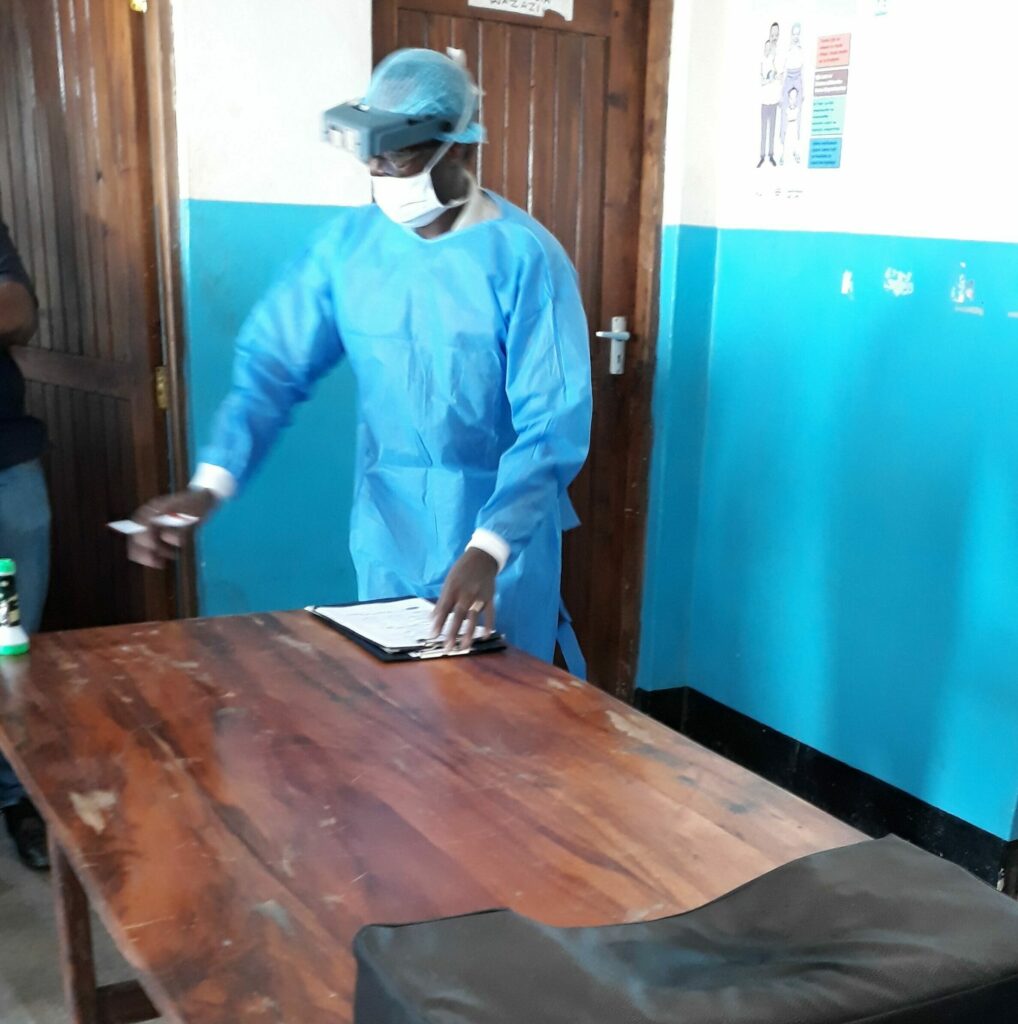Funders
Standard Chartered Bank “Seeing is Believing”
Location
Pakistan
Dates
2016-2020

Khyber Pakhtunkhwa (KPK) province has a population of 6.2 million, the majority of which live in rural areas. Women lag behind men in almost every social indicator and KPK has one of a high gender based difference in school attendance. Up to 72% of women in KPK have never attended school and the literacy rate is considerably lower for women. Under-five mortality is almost three times as high in rural areas and gender inequality in Pakistan is widespread. The project worked to strengthen eye health service delivery and increase demand for eye care services at the district level for people in four districts.
Tropical Health was commissioned to evaluate the achievements and understand the key successes and challenges the project encountered. The evaluation also looked at progress against the agreed mid-term review recommendations. Equity is a cross cutting issue and specific barriers for women or people with disabilities was a focus. It also documented key learnings to inform future project design and delivery.
The Tropical Health team originally planned to carry out field visits to four districts. Due to Covid 19 and global restrictions, Tropical Health re-designed the evaluation to be purely desk based. Qualitative methods, supported by quantitative components were employed. Interviews took place with key informants included project staff, hospital-level staff, Lady Health Worker programme staff and services users.
Tropical Health delivered a comprehensive evaluation report and a learning summary providing targeted learnings for an audience including funders, partners and programme staff, and Sightsavers global support teams.
The project succeeded in improving access to eye care services for men and women, achieving or exceeding most of its service delivery targets. Although not the original ambition of the project, the project sought to, but did not fully succeed in delivering surgical services proportional to sex-disaggregated prevalence. The project was well-implemented, with effective project management and coordination across multiple health system actors. The partnership approach was perceived to improve effectiveness, transparency, and accountability.
Global Fund / Nigeria National Malaria Elimination Programme
Nigeria
2023 - 2024
Belgian Cooperation/ Light for the World
Democratic Republic of Congo, Rwanda, Tanzania
2021-2022
UK Aid and People’s Postcode Lottery / Sightsavers
Malawi, Uganda
2023 - 2024